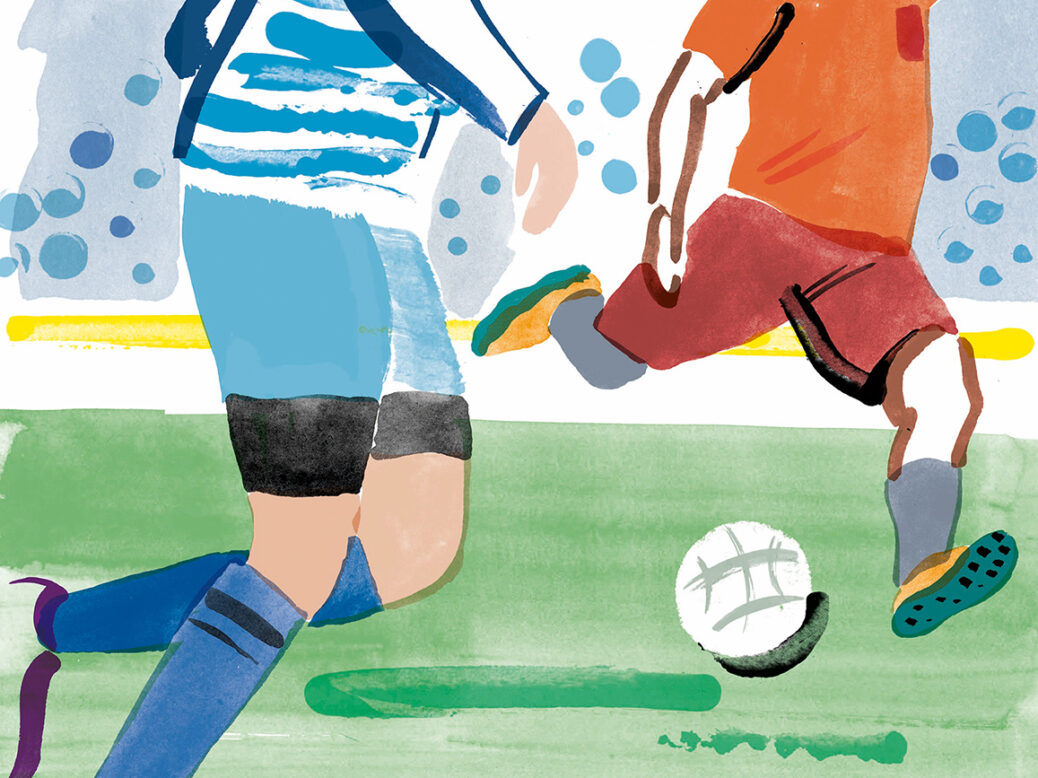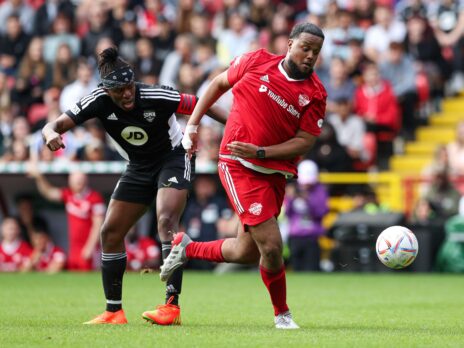
David Beckham’s long road to a knighthood has reached its end. While few would deny the former England captain his moment of recognition, some wonder about the openness with which he has sought the top honour.
Yet for all the attention Beckham’s knighthood has generated, it is the longer road taken by rugby league that carries deeper significance. Billy Boston’s knighthood represents more than belated recognition for one of rugby league’s pioneers; it is indicative of an establishment that is finally ready to honour a sport it has long overlooked.
A few years ago, my fellow rugby league historian Tony Collins and I worked out that no rugby league player had been knighted since the game was first played in 1895. Because of its history as the sport of the industrial northern working class, rugby league has been uncomfortable with titles, in contrast to rugby union. In Labour clubs across the north, fans have assured themselves that “honours are earned on the pitch, not in Whitehall committee rooms”.
There was nobility in this defiance, but it shouldn’t excuse a snobbish system that has excluded players from national recognition. What changed this old class story? The extraordinary efforts of Kevin Sinfield, who has transcended rugby league through his fundraising for motor neurone disease (MND) research. His friendship with the late Rob Burrow, who suffered from MND, became a symbol of courage that moved the nation to tears.
Rugby league supporters have long called him “Sir Kev” in the absence of official recognition. Each year, while figures from cricket, athletics, football, tennis and rugby union receive the top honours, often providing a roll-call of the nation’s elite schools where these athletes were educated in the process, rugby league demanded to know why Sinfield was being overlooked.
“Sir Kev” forced the rugby league community to look at its history for other figures who have been overlooked. Boston, who can claim statues in Wigan, Cardiff and London, yet remains unknown to much of Britain, was the obvious candidate.
In the 1950s and 1960s, Billy Boston was rugby league’s Beckham equivalent, filling grounds across the north. During league’s postwar boom, he carried the sport to international prominence. Boston was the first black player to tour Australia with Great Britain.
Born in Cardiff’s impoverished Tiger Bay docklands, Boston dreamed of playing rugby union for Wales. Racial prejudice in the sport made Boston’s dream far less achievable. Union scouts never came calling. His story rarely features in narratives about postwar Britain.
The government has sought to address this in recent months. David Baines, chair of the rugby league all-party parliamentary group, made campaigning for honours a priority for the group. The Commons Speaker Lindsay Hoyle declared that the lack of rugby league knighthoods “cannot be right”, while Lisa Nandy, MP for Wigan, argued that Boston should be the first.
The speed at which the system moved to accommodate Boston – who has been diagnosed with dementia – represents something more profound than overdue recognition for rugby league. Billy Boston becomes Sir Billy: an acknowledgement that excellence can come from Tiger Bay as much from the Home Counties.
Boston’s knighthood is for every rugby league follower. While football fans may question why Beckham needs another title, Boston’s achievement will be a proud moment across the north. These are the working-class towns where parents work double shifts to pay for boots and kit, where coaches volunteer evenings to keep children off the streets, and where excellence emerges not from privilege but from determination.
Anthony Broxton is the author of “Hope and Glory: Rugby League in Thatcher’s Britain”
[See also: Football for the KSI generation]
This article appears in the 12 Jun 2025 issue of the New Statesman, What He Can’t Say




